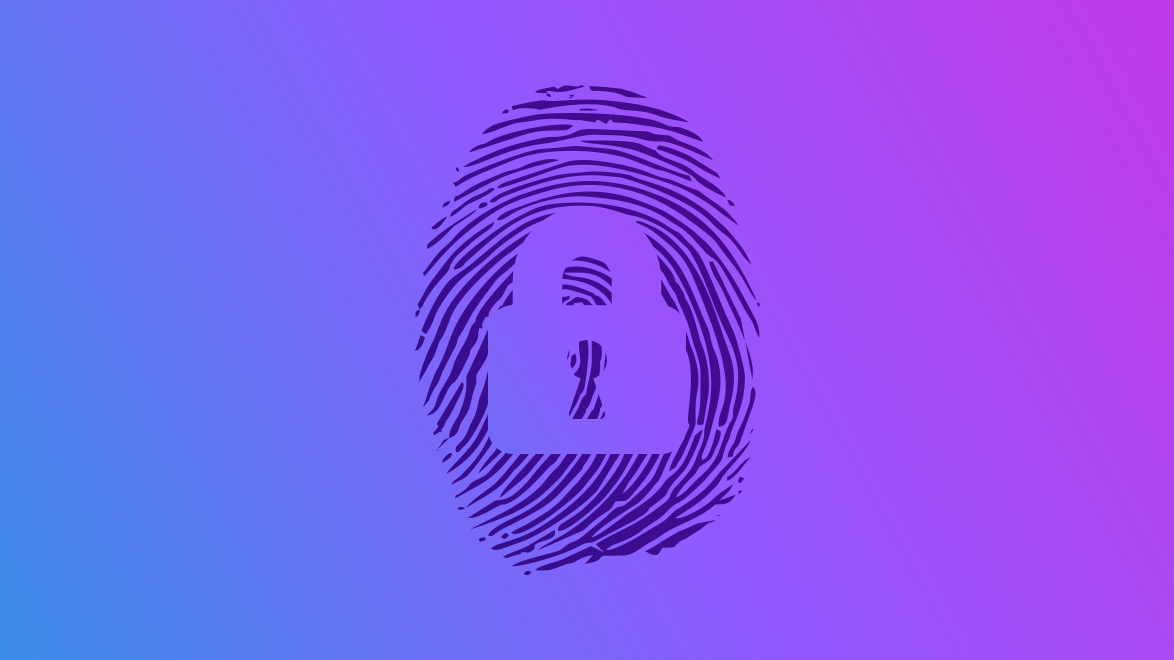Know your enemy: discover the 8 types of identity theft lurking in the shadows
Identity theft is becoming more sophisticated, causing the thieves to gain more money

Sign up for breaking news, reviews, opinion, top tech deals, and more.
You are now subscribed
Your newsletter sign-up was successful
Unfortunately, living in the digital age has led to a significant increase in identity theft. This occurs when someone illegally obtains sensitive information about another person, which can result in severe consequences such as damage to their credit, employment, retirement benefits, and more. Personal details like names, birthdays, Social Security numbers, addresses, bank accounts, credit card numbers, driver's license information, and more are commonly targeted by identity thieves.
Luckily, there are handy tools to that can help keep your identity safe, such as the best identity theft protection, but first there are a few things you might need to know. There are several types of identity theft, and regardless of the method used, it can cause a great deal of harm to the victim.
Identity theft is a growing problem, as evidenced by the 5.7 million complaints from the U.S. Federal Trade Commission in 2021 through the Consumer Sentinel Network. Of those complaints, 25% were related to identity theft, representing a 113% increase compared to the previous year. The total amount of fraud losses in the U.S. in 2021 was $5.8 billion.
A Techradar Choice for Best Identity Theft Protection
Aura is an excellent choice thanks to its user friendly interface, antivirus service and detailed reporting dashboard. Save up to 50% with a special Techradar discount.
What can be done?
There is no foolproof way to protect oneself from identity theft completely. However, one can take proactive steps and consider enrolling in an identity theft protection program. It is also essential for individuals to monitor their credit reports and ensure that all information is accurate. Carefully reviewing bank accounts, credit cards, and other important documents is also crucial. Lastly, any issues should be reported immediately to the relevant parties for swift resolution.
Types of identity theft
Identity theft is a serious problem and it can happen in different ways. Generally, identity theft falls into three main categories which are credit card fraud, government documents or benefits fraud, and loan or lease fraud. However, criminals also commit other types of identity theft such as phone or utility fraud, banking, employment or tax-related fraud, medical fraud, and child identity fraud. You can learn more about these different types of identity theft below.

Government documents or benefits fraud
In the United States, every citizen, permanent resident, and temporary working resident is assigned a Social Security number. This number consists of nine digits and is primarily used for federal retirement and tax purposes. Unfortunately, criminals often attempt to steal this information to collect benefits intended for someone else. They do this by acquiring someone's name, Social Security number, and other identifying information and applying for government benefits. They also often forge government documents such as driver's licenses and passports. Tax fraud is another type of identity theft that is similar and is discussed in more detail below.

Credit card fraud
According to the Federal Trade Commission (FTC), credit card fraud has been consistently reported as the most common type of identity theft since 2017. This might not be surprising since most of us own at least one credit card. Criminals commit credit card fraud either by physically stealing cards or by tricking account holders into revealing their credit card numbers online or over the phone. Many criminals also access information about consumers from data breaches on the dark web and use this information to open new credit card accounts in the victim's name.
Sign up to the TechRadar Pro newsletter to get all the top news, opinion, features and guidance your business needs to succeed!
Credit card fraud leads to higher interest rates for honest cardholders and negatively affects their credit score. Additionally, it can cause consumer goods to become more expensive.
Interestingly, credit card fraud has increased significantly during the pandemic as more people have started purchasing everyday items such as groceries and clothing online.

Loan or lease fraud
There are various types of loans, and all of them are a potential target for criminals. In 2021, the most common type of loan fraud involved impersonating someone and applying for personal loans using their personal information, such as their name, address, and Social Security number. Some fraudsters also use this information to open illegal real estate and auto loans. Another category of identity theft involves obtaining improper apartment, house, and car leases using stolen personal information.

Phone or utility fraud
Spam calls are an ongoing problem that seems to persist despite governments' efforts to combat them. Many telephone scammers attempt to steal money and personal information by pretending to be someone else and gaining access to sensitive information. These scammers can be real people or involve automated robocalls and text messages.
Spam-related scams might also involve utility fraud, which occurs when someone uses another person's name or identity to order home services such as internet, water, or gas. Additionally, there is cable and satellite fraud that people should be aware of.

Banking fraud
Banking fraud refers to the use of complex schemes by individuals to illegally obtain money or property. This can involve activities such as forgery, stolen checks, fraudulent loans, and internet fraud. In terms of identity theft, most banking fraud cases occur when illegal accounts are opened for financial gain. However, some cases involve stealing existing accounts, such as obtaining someone's debit card illegally and using it to make unauthorized purchases.

Employment or tax-related fraud
Employment theft isn't the same as employee theft when someone steals from their company. Instead, employment theft often has to do with unemployment insurance. In this case, someone's identity is stolen, and the thief applies for unemployment benefits using that information.
By contrast, tax fraud involves using someone else's identity to collect refunds and other monies that are supposed to benefit the natural person. Typically, this type of fraud surfaces during tax filing season. In this case, a taxpayer can't file taxes or receive their refund because someone beat them to it using the victim's Social Security number.
The Internal Revenue Service (IRS) website is dedicated to employment-related identity theft. The page offers ways to determine whether your identity has been stolen and what you can do when it occurs.

Medical identity theft
Often affecting older people, medical identity theft is when someone steals personal information and submits fraudulent claims to Medicare and other health insurers. This hurts the government and its taxpayers but can cause problems for the person whose information was illegally taken, as it can disrupt medical care.
To avoid medical identity theft, individuals should keep their Explanation of Benefits statements and contact their health insurance company if something looks wrong.

Child identity fraud
Finally, there's child identity theft. Like other forms, this type of fraud involves stealing identifying information for financial gain from minors. Children are susceptible to identity theft because they have no credit history associated with their Social Security number. Thieves can use this information to sign up for government benefits, apply for a loan, and more.
More from TechRadar Pro
- For added peace of mind, look at the many ways to protect your Social Security numbers from hackers.
- Additionally, check out the best identity theft protection for families.
- And the best antivirus software for PC
Bryan M. Wolfe is a staff writer at TechRadar, iMore, and wherever Future can use him. Though his passion is Apple-based products, he doesn't have a problem using Windows and Android. Bryan's a single father of a 15-year-old daughter and a puppy, Isabelle. Thanks for reading!

